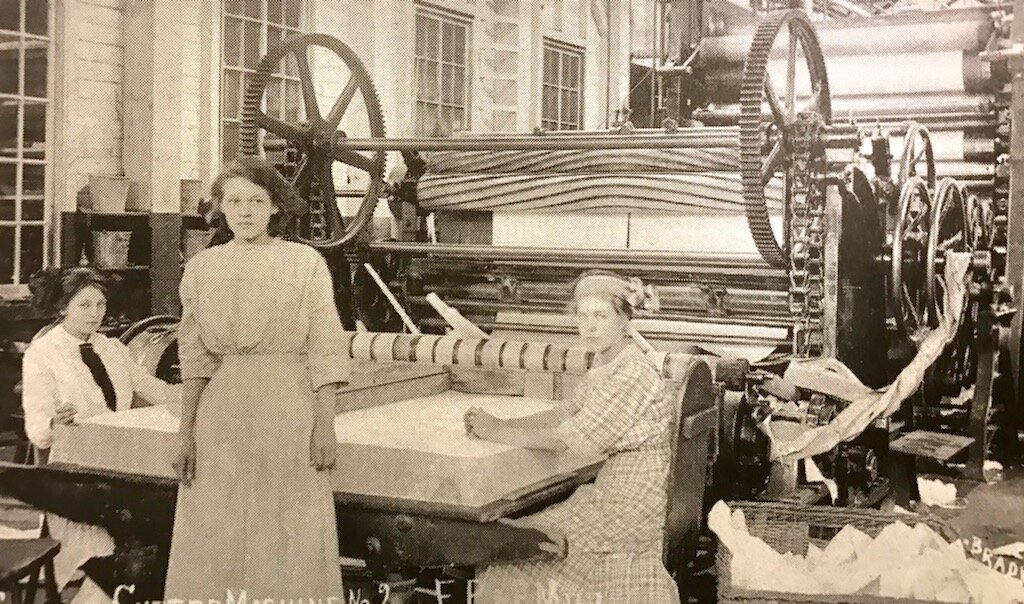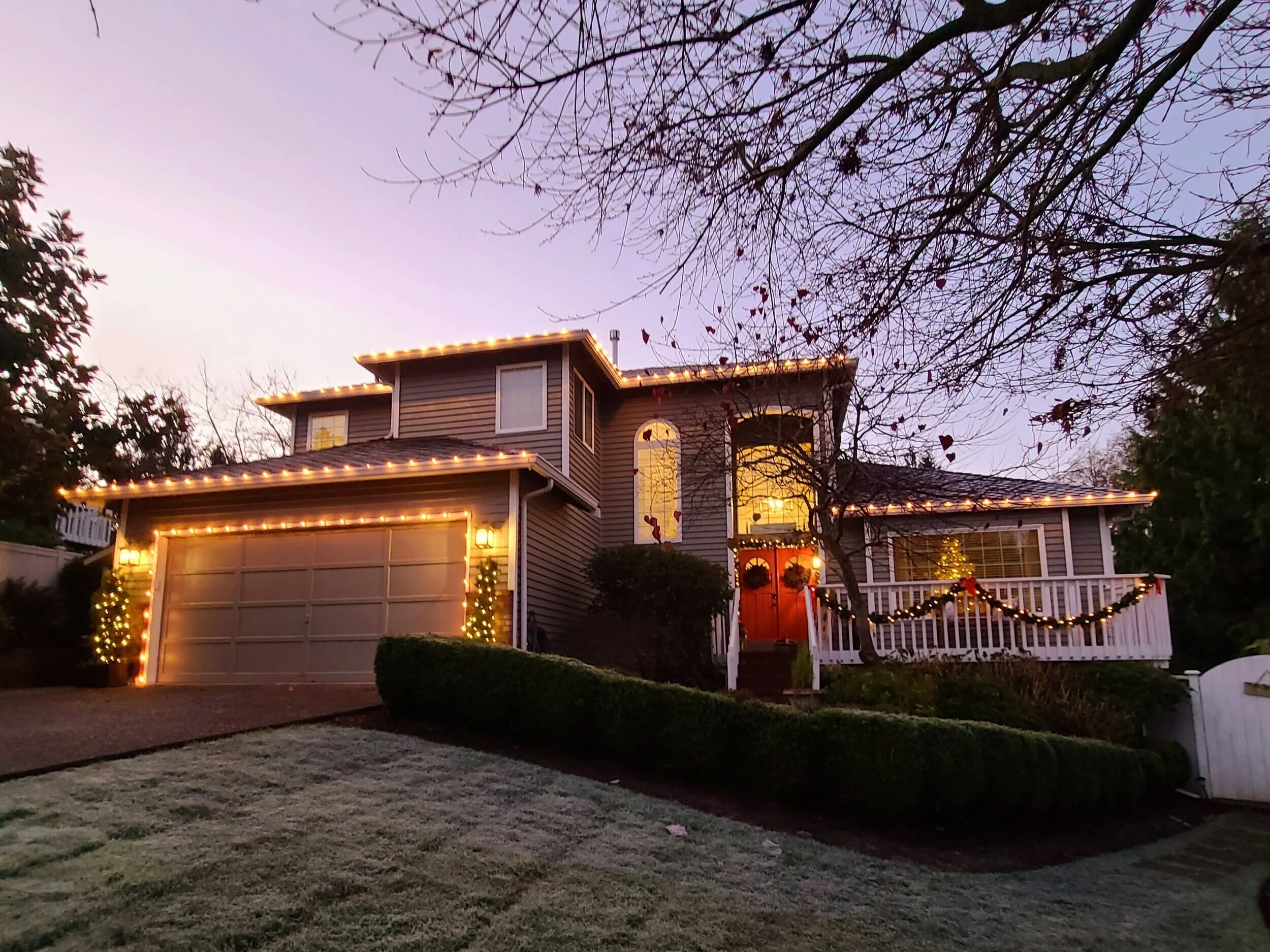Everett Archives: Timber-Hungry Lowell
Images // Courtesy of the Gail Chism Collection
“All the men in the village worked in the mill or for it. It was cutting pine. It had been there seven years and in seven years more it would destroy all the timber within its reach.” - William Faulkner, “Light in August”
If you’ve ever met anyone from the Lowell district of Everett, then you know that they’re a different breed than your typical Everett resident. They’re tougher. Maybe they’ve got a touch of the ornery. It’s true that Lowellites have an independent streak -- they’re more likely to identify themselves as being from Lowell than from Everett.
This isn’t a coincidence: an independent spirit is baked into the DNA of Lowell residents. Before it was incorporated into Everett, Lowell was a separate city, a city that cropped up on the banks of the Snohomish River before the founding of Everett.
Lowell was founded by E.D. Smith in 1863 -- predating Everett by almost three decades. The city was named after Lowell, Massachusetts -- a name suggested by early brothel owner Reuben Lowe.
E.D. Smith operated three logging camps up and down the Snohomish River. The lumberjacks cleared local hills of timber and slid logs down shutes into the Snohomish, where they could be floated downstream to Lowell for processing.
Thus, the whole town of Lowell was predicated on mills. Its location on the banks of the Snohomish River made it an ideal spot to float lumber before and after processing it. There was a natural undercurrent in the bend of the river that held the logs in place.
Mill building and development for the platted area happened so fast that there was soon a local shortage of bricks (Everett bricks came from the Delta district, where estuary mud was dried in brickyards. You can still see some of these original bricks on buildings in old Riverside).
From the start, Lowell was a city that was defined by the mills. If you lived in the city then you worked in the mills or ran a hotel or billiard hall that ran on millworkers’ money. The mills employed young adults (today we’d call them teenagers) -- male and female -- and provided stable career paths into adulthood. Many of the mills had their own sports teams and even published their own newspapers that recorded events in the company and in the lives of employees.
The role of the mills in the community really can’t be overstated. The millowners ponied up money during the holidays: throwing Halloween parties, catering elaborate Labor Day picnics and outings, and bringing together millworkers’ children for Christmas parties with Santa Claus.
If there was ever such a thing as truly equitable working-class union jobs in the trades, then Lowell was one such place that this idyllic American principle could have been realized. The mills were employer, social connecting ground, and social safety net.
Lowell was annexed to Everett in the 1960s, just as the mills, the lifeblood of the community, began to close. And they closed abruptly; most had shuttered by the early 1970s. The mills had consumed too many native trees and were even eating through second-growth timber at an unsustainable rate. By the 1970s, environmental policies had come a long way since the pioneer days of resource-grabbing lumberjacks.
And so the community of Lowell said goodbye to the days of mills. They were torn down and the city put riverside parks in their place. Today Lowell is still a fine neighborhood to visit. There are a few small stores and even a few businesses in the old Simpson Lee offices.
Many of the small houses in Lowell date back to the late 1800s or early 1900s. You can still feel a palpable sense of history when you walk the streets.
Lowell is a little different. The residents like it that way, and so do we.
Thanks for reading! Don't forget to subscribe to our monthly newsletter to stay up to date with community news and real estate tips.
You can head back to the main Lamoureux Real Estate website here.





